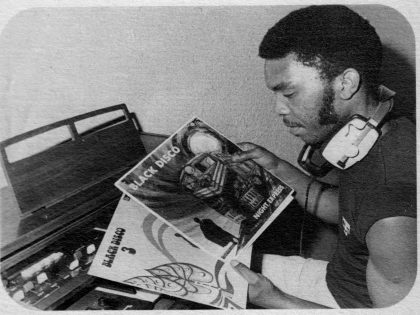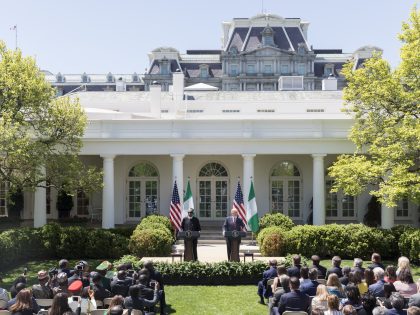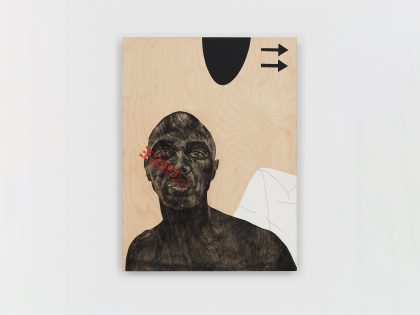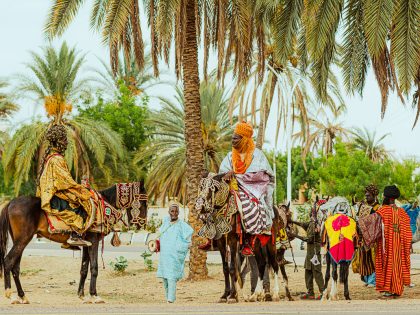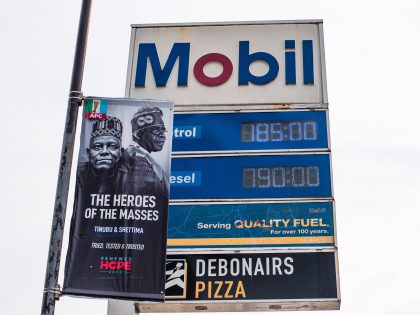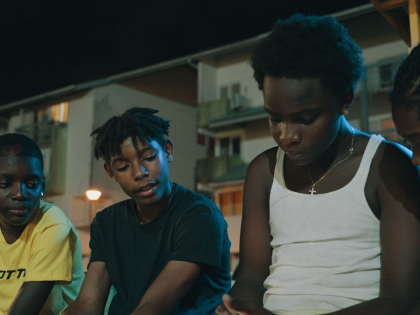The First Black Woman to win Sundance Best Director
Aava DuVernay leads a movement to organize African-American film festivals and secure theatrical releases for black independent films.

A still from Ava DuVernay's "Middle of Nowhere."
I used to run an annual post mocking Sundance’s offering of Africa-themed films or films by directors of African descent. (I didn’t bother last year, but here’s 2010’s version complete with a good dose of indignation.) It’s gotten slightly better, but Sundance still comes with the usual offerings of pirates, mostly films by Westerners (not a bad thing in itself, if they’re made well and with good stories) or about Westerners finding themselves or saving Africans. Anyway, there’s some news to celebrate from this year’s festival: the first woman director of African descent has won the award for Best Director for Dramatic Film at the festival. She is Ava DuVernay, director of the drama “Middle of Nowhere,” a film about a woman whose husband is incarcerated. See above for an interview with DuVernay on Sundance’s Youtube channel:
DuVernay is the right choice.
I saw DuVernay’s debut feature film, “I will follow,” a beautifully filmed, languid contemplation on death and family, at a New School film conference last year. DuVernay is also a leading figure in a movement to organize African-American film festivals and orchestrate theatrical releases for black independent films, usually neglected by mainstream advertising and theaters. Maybe things will get better for black women filmmakers in the U.S. now. Congratulations to her. Here‘s a video interview at Sundance 2012 with DuVernay about “Middle of Nowhere.”




